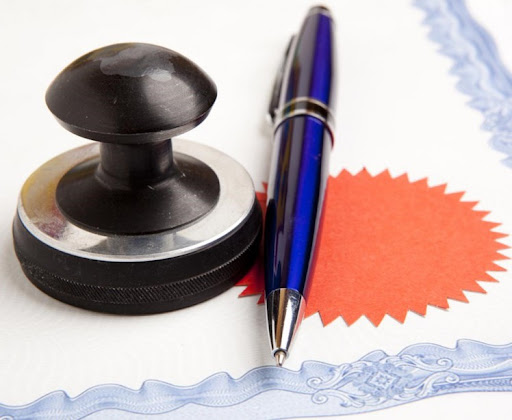I am Mariya Borevich, your personal lawyer. My primary goal is to help clients find optimal solutions to current legal issues, ensuring reliable protection of their interests. I specialize in family, civil, and military law, which allows me to effectively handle a variety of situations and cases. In family law, I provide support in resolving issues related to divorce, property division, establishing and challenging parental rights, alimony, and child custody. I understand that these matters are often emotionally complex, so I always strive to find the most delicate and fair solutions for all parties involved. In civil law, I assist in settling disputes related to contracts, property rights, compensation for damages, inheritance, and other issues concerning the protection of personal and property interests. Special attention is given to military law — supporting servicemen, protecting their rights and interests related to military service, social guarantees, and legal disputes. This area requires deep knowledge and understanding of the specifics of military service and the legislation regulating it.
An apostille is an international recognition of documents provided in accordance with the 1961 Hague Convention. This process is becoming increasingly common in the modern world, especially in the context of international affairs, migration, and education. An apostille verifies the authenticity of signatures and seals on documents issued in one country for use in another. That's why an apostille for documents is so important.
International Recognition: One of the main reasons why an apostille is needed is to create a mechanism for recognizing documents in different countries. Without an apostille, documents issued in one country may not be recognized in another, complicating international relations and information exchange.
Official Use: An apostille is often required for using documents in official matters. For example, for opening a bank account abroad, obtaining a visa, enrolling in a foreign university, or getting married abroad.
Confirmation of Legality: An apostille confirms the legality of the signature, seal, and authenticity of the document used outside the country of its origin. This provides an additional level of trust and confidence in the authenticity of the documents.
Simplification of Procedures: An apostille simplifies the procedures for exchanging documents between countries by ensuring their recognition in an international context. This helps avoid the need for additional checks and translations.
Protection Against Forgery: An apostille serves as protection against forgery and falsification of documents. It helps prevent potential fraud and misuse of documents abroad.
In a world where international connections are becoming increasingly prominent, apostille for documents is a key element facilitating efficient and secure exchange of information and cooperation between countries. Not only does it simplify processes, but it also ensures trust and legality in all aspects of international relations.
Apostille of foreign documents is a procedure for legalizing documents for use outside the country of their origin.
To apostille foreign documents, it is usually necessary to apply to the competent authority in the country where these documents were issued. This authority is typically known as the "competent authority" and may be the Ministry of Foreign Affairs or another government agency. After the apostille procedure is completed, a special stamp or seal is affixed to the document, confirming its authenticity and legality for use abroad.
Documents that often require apostille include birth certificates, marriage certificates, divorce certificates, educational diplomas, notarized documents, and other official documents with legal significance. Apostille of foreign documents makes them acceptable for use in other countries, simplifying the process of international transactions, education, migration, and other spheres. This ensures confidence in the authenticity and legality of the documents in all international relations.
Conducting the apostille procedure for documents can be a complex and sometimes specific task, especially when it comes to apostilling foreign documents. In such cases, obtaining legal assistance can be extremely helpful.
Here are several ways in which a legal professional can assist in the apostille process:
Consultation on necessary steps: A lawyer can provide you with detailed consultation regarding the procedures and documents required for apostille. They will clearly explain the steps you need to take and the requirements set for obtaining an apostille.
Document preparation: A legal expert can help you prepare the necessary documents for apostille, including translations, certified copies, and other required documents.
Liaison with competent authorities: In some cases, especially when it comes to apostilling foreign documents, a legal professional can take responsibility for liaising with competent authorities in the respective country to conduct the apostille.
Representation in the process: A legal expert can act as your representative during the apostille procedure, providing an additional level of protection and convenience.
Resolution of complex issues: In case of any complex questions or issues arising during the apostille process, a legal professional can quickly and effectively address them, minimizing delays and misunderstandings.
Representation in the process: A legal expert can act as your representative during the apostille procedure, providing an additional level of protection and convenience.
Resolution of complex issues: In case complex questions or problems arise during the apostille process, a legal professional can quickly and effectively address them, minimizing delays and misunderstandings.
Therefore, obtaining legal assistance with apostilled documents can simplify and expedite the process, ensuring confidence in its proper execution and reducing the risks of encountering problems during the procedure.





























